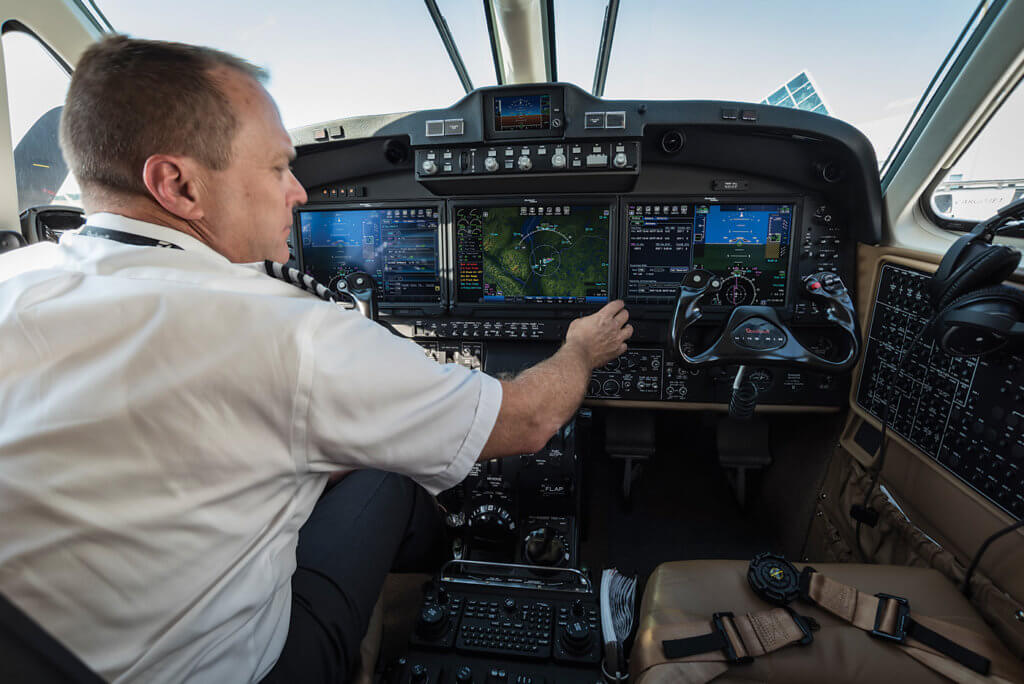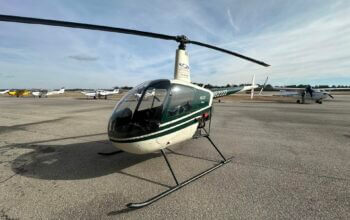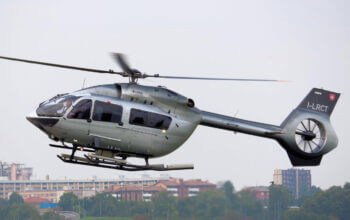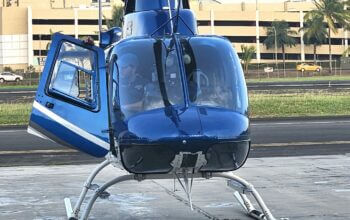Estimated reading time 3 minutes, 16 seconds.
Canadians travelling by air should be confident that the flight crews are fit for duty and well-rested.

The Honourable Marc Garneau, Minister of Transport, proposed changes to the Canadian Aviation Regulations on June 30, to improve passenger and flight crew safety and align regulations with today’s scientific data, international standards, and best practices.
The proposed changes will introduce:
- New rules to prohibit flight crew members from working within 12 hours of drinking alcohol. This would be an increase from the current limit of eight hours;
- New fit-for-duty rules that will prohibit any flight crew member from working while they are not fit for duty. This will include consumption of alcohol or drugs, mental and physical conditions, and fatigue;
- New rules on flight crew fatigue management that address flight time and hours of work limits;
- Flight duty period limits that take into account the time of day, increased rest periods, and new requirements for time free from duty; and
- A Fatigue Risk Management System (FRMS) to allow air operators to adapt policies, procedures and practices to manage fatigue risk in an operation. FRMS will allow operators, including those who provide cargo services, more flexibility as long as they can demonstrate an equivalent level of safety.
The draft amendments will be published in the Canada Gazette, Part I, on July 1, 2017. Canadians and members of the industry are encouraged to provide feedback on the draft regulations until Sept. 29, 2017.
“We cannot take chances when it comes to flight crew members whose judgment and performance could be impaired,” said Garneau. “The proposed rules will limit the amount of time a crew member can be on the job, and help operators manage fatigue risk in order to better protect Canadians. By aligning our regulations with the latest scientific findings and international standards, Canadian travellers can be confident that flight crews onboard their planes are fit for duty.”
Quick Facts
- Transport Canada has identified human factors, including fatigue, as one of its top four safety risk priorities;
- Since 2009, the International Civil Aviation Organization has required member States to update fatigue regulations based on the latest science. Canada’s proposed rules align with today’s scientific data, international standards, and best practices; and
- Airline operators will have one year to comply with the new requirements once they are published in Canada Gazette, Part II. The rest of the operators (air taxi and commuter operators) will have four years to comply.









These prescriptive one-size-fits-all proposed rule changes will impact emergency services air operators in a negative way.